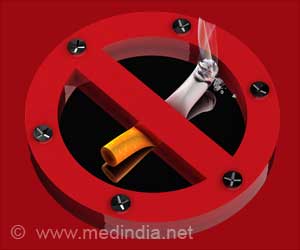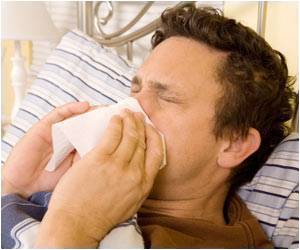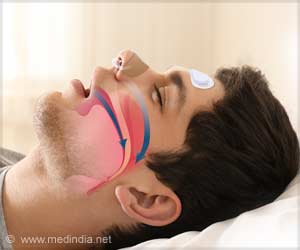If you are sleeping more than nine hours and less than six hours, you should be concerned.
- A study of nearly 2,000 patients in Norway was conducted
- It showed that patients who slept for less than six or more than nine hours had a higher risk of infection
- This calls for creating awareness to sleep just the right amount
The association between self-reported sleep problems, infection, and antibiotic use in patients in general practice
Go to source).
Sleep and Infection
Patients who reported sleeping too little or too much were more likely to have a recent infection, and patients who had chronic sleep issues were more likely to require antibiotics. "Most previous observational studies have looked at the association between sleep and infection in a sample of the general population," said Dr. Ingeborg Forthun. "We wanted to assess this association among patients in primary care, where we know that the prevalence of sleep problems is much higher than in the population at large."Forthun and her colleagues handed a questionnaire to medical students and asked them to distribute it to patients in the waiting rooms of the general practitioners' surgeries where the students were working.
In total, 1,848 questionnaires were collected throughout Norway. People were asked to explain their sleep quality — how long they generally sleep, how well they believe they sleep, and when they prefer to sleep — as well as whether they had any infections or took antibiotics in the previous three months. The survey also included a scale for detecting cases of persistent insomnia.
The Risk of Infection has Increased by a Quarter
Those who reported sleeping less than six hours per night were 27% more likely to report an infection, whereas those who reported sleeping more than nine hours were 44% more likely to report one. Fewer than six hours of sleep per night, or chronic insomnia, increased the likelihood of needing an antibiotic to treat an illness."The higher risk of reporting an infection among patients who reported short or long sleep duration is not that surprising as we know that having an infection can cause both poor sleep and sleepiness," said Forthun. "But the higher risk of infection among those with a chronic insomnia disorder indicates that the direction of this relationship also goes in the other direction; poor sleep can make you more susceptible to an infection."
Although there was some potential for bias in that people's recall of sleep or recent health issues was not always perfect and no clinical information was collected from the doctors who later saw the patients, the study design allowed for data collection from a large study group experiencing real-world conditions.
Reference:
- The association between self-reported sleep problems, infection, and antibiotic use in patients in general practice - (https://www.frontiersin.org/articles/10.3389/fpsyt.2023.1033034/full)
Source-Medindia












